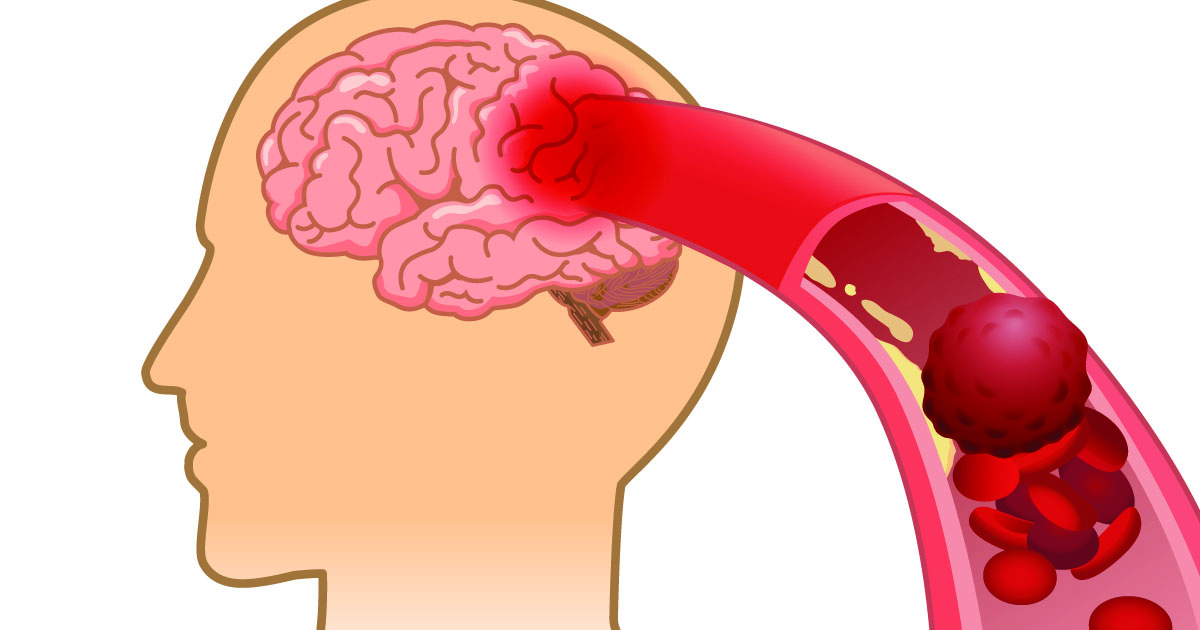Cracking the Code: The Effects of Two Eggs a Day on Your Body
What’s in eggs?
A lot. Eggs contain vitamin A, D, and E, as well as B12, riboflavin, and folic acid. In addition, they also contain many minerals such as iodine, iron, calcium, zinc, and selenium. As I see, quite a lot, right!
Eggs and cholesterol
You may have heard that eggs are bad for you because of their high cholesterol content?
That’s wrong. There is indeed cholesterol in eggs, but not enough to be really bad for you. So, you don’t have to worry about cholesterol in eggs. That’s what Jennie Nyenvik, a nutrition expert for Aftonbladet, says.

1. Lose weight with eggs
Studies show that a protein-rich breakfast can help with weight loss.
According to research, a low-calorie diet combined with a regular dose of eggs for breakfast can help you lose weight quickly.
Also keep in mind that eggs help you feel full longer, which means they come in handy to lower your overall calorie intake.
2. Eggs boost your immune system
The end of winter is almost here. And many people have coughed, sneezed, or had other ailments in recent months. Now is the perfect time to say that eggs can boost your immune system.
Studies have also shown that just two eggs a day can help fight viruses, infections, and disease.
An egg contains 22% of the daily recommended amount of selenium, an element known for strengthening the immune system.

3. Better memory
Have you ever heard of the amino acid choline? It improves the nerve signals that help us remember little things, such as where you put your wallet or phone.
According to research, extra choline can lead to better memory and responsiveness.
4. A wonder for your eyes
Lutein helps keep your eyes bright and sharpens your vision. New research has shown that chicken eggs are rich in lutein, making them very good for your eyes.
Lutein is naturally produced by the eyes and protects the retina from damage.

5. Fights depression
Vitamin D can be difficult to obtain during winter due to less sunlight. But eggs can be an alternative. Vitamin D is extremely useful for balancing the pH of our teeth and bones.
Vitamin D can also help fight depression!
6. Strengthens bones
When you eat eggs, you absorb calcium, which is important for strengthening the skeleton and preventing osteoporosis.
7. Good for the blood
Eggs contain a lot of folic acid, a type of vitamin B necessary for the production of new red blood cells.
People with a folate deficiency can develop anemia. Folic acid is also important for fully developing the fetus in the womb. So, important information for expectant mothers.

8. Fights signs of aging
As mentioned earlier, eggs contain amino acids that help build and repair cells. This prevents your body from aging too quickly.
As we age, our need for vitamin D doubles. For people over 60, 10 micrograms are recommended. An egg contains about 0.7 micrograms.
9. Reduces heart risks
Researchers in Canada have found a clear link between a diet rich in eggs and a lower risk of cardiovascular diseases and certain cancers. That’s what Feel Good says.
The secret? Well, eggs contain two important antioxidants: tryptophan and tyrosine.
People with high LDL (low-density lipoprotein) are at higher risk of heart problems. Apparently, eggs can increase LDL, leading to a lower risk of heart-related issues.
10. Build muscles
Many people who want to gain muscle mass eat more eggs.
Eggs are full of protein, which is crucial for those who want to look stronger.
11. Protects the skin, hair, and nails
In addition to many other properties, eggs are also full of B vitamins and omega-3 fatty acids. This helps to keep your skin, hair, and nails healthy.

I’m sure you knew that eggs were good for you, but maybe you’re looking at eggs differently now!
So, press the SHARE button so more people can learn about the benefits of eggs. Easter is not far away. Ideal to start a new routine!




